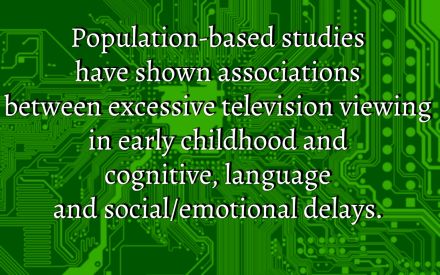Recently, I went to Six Flags Great Adventure with an old friend of mine. She had wanted to show me rides I had never been on before. I found myself waiting on line for a haunted Houdini house experience, Houdini’s Great Escape.
Next to us on this line stood a group of children from a summer camp, all wearing the same matching blue camp shirt. One of the kids was talking all about the cool features his new Nintendo Switch had to offer. The other children reveled in amazement, simultaneously asking more and more questions on what this new game console could do. I’m not sure if it was the ice cream, the theme park or the technology that had them ignited with energy, but one thing was clear— every one of them seemed very excited about playing this new game console.
Suddenly, it became immediately clear to me that theme park did not drive their excitement at all, as several of them mentioned how dull and unimpressive the horror effects were. I admit, I didn’t find it scary either, but at his age, I would have found this first room a bit creepy, giving me some chills that lead to my eventual hair raising once I stepped into the next room, where the ride straps you in and jolts you to your doom.
About half of the kids didn’t react at all to the effects of thunder and lightning crashing, nor the chains moving up and down from Houdini’s safe as the lights flickered and the wind howled. The only kids who did react had done it in playful sarcasm. Another kid made a remark: “This would be a lot better if it was VR.” I couldn’t help myself but to ask how old he was. He told me he was eleven.

In recent years, more and more children are becoming use to technology becoming ever present in their lives. Most children are being exposed to it at a very young age. Nowadays, the traditional family of the modern world plugs their kids in before they get to live their life unplugged. These bring forth both positive and negative effects.
The American Academy of Pediatrics held a study that showed while technology can bring some positive effects with early learning development— for example, educational applications that teach— they can also bring some negative effects, such as sleep deprivation, attention deficit and more cases of obesity and depression.
Children are beginning to spend less time outside and are less imaginative. They seek fun that is no longer coming from their inner imagination and creativity, and seek such things in the digital world. I believe this has to simmer down in order to bring forth a more creative, artistic and healthy world, where family traditions and basic childhood memories are restored. New video games are coming out this summer and fall. Where will your child be?



